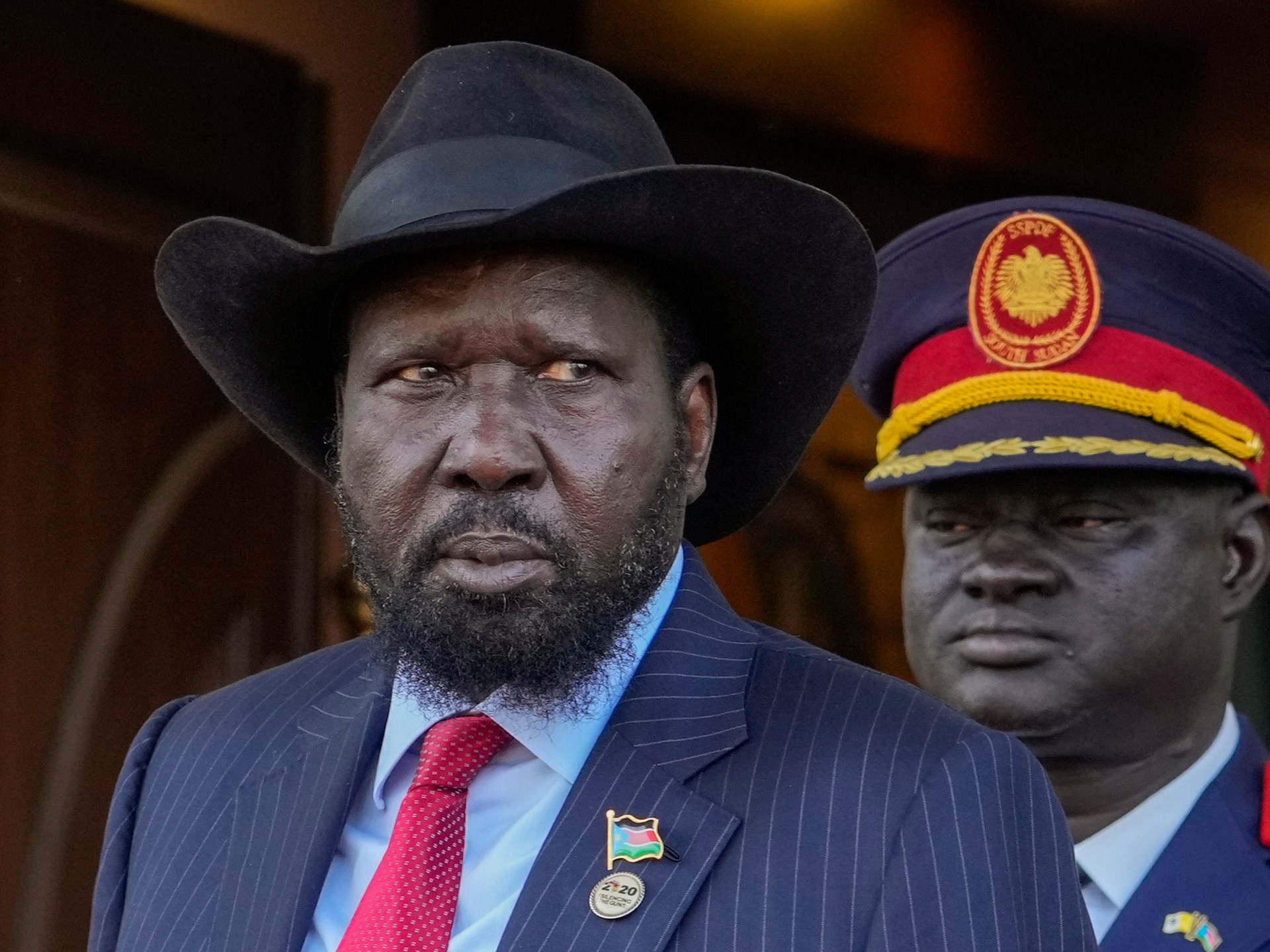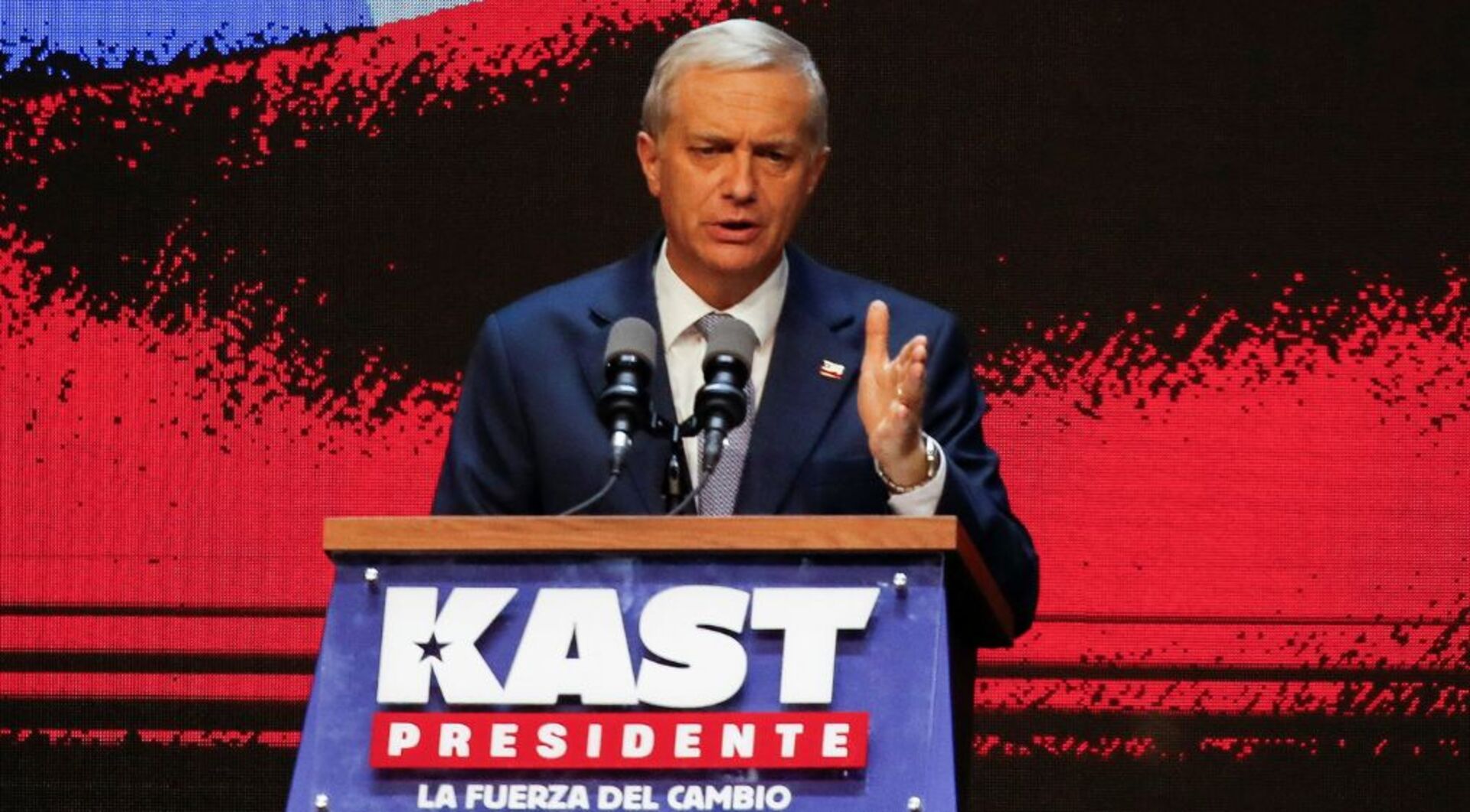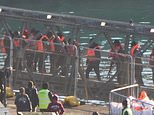
Government says it needs more time to complete a census, draft a permanent constitution and register political parties.
South Sudan’s government has announced it is postponing long-delayed general elections until December 2026, citing a lack of preparedness.
This is the second time the country, which gained independence in 2011, is postponing elections and extending a transitional period that started in February 2020.
President Salva Kiir and his former rival turned deputy, Riek Machar, signed a peace agreement in 2018 that ended a five-year civil war which killed an estimated 400,000 people, triggered a famine and led to a massive refugee crisis.
“The presidency, under the chairmanship of President Salva Kiir Mayardit, has announced an extension of the country’s transitional period by two years as well as postponing elections, which were initially scheduled for December 2024 to December 22nd, 2026,” Kiir’s office said on Friday.
The government said it needed more time to complete processes such as a census, the drafting of a permanent constitution and the registration of political parties before an election could be held, according to the presidential adviser on national security, Tut Gatluak.
Cabinet Affairs Minister Martin Elia Lomuro said the extension followed recommendations from both electoral institutions and the security sector.
“There is a need for additional time to complete essential tasks before the polls,” Kiir’s office said.
The country is going through an economic crisis that has seen civil servants go unpaid for almost one year, after its oil exports were affected by a damaged pipeline amid the civil war in neighbouring Sudan through which it exports.
Andrea Mach Mabior, an independent political analyst, warned that any sham elections may result in a waste of resources and chaos.
“Going for elections that do not meet international standards will be a waste of money,” Mabior told The Associated Press news agency.
A new security act that allows for warrantless detentions became law in August despite concerns from human rights groups that it would create a climate of fear in the run-up to the elections.
An estimated 9 million people – 73 percent of the country’s population – are in need of humanitarian assistance this year, according to the United Nations.






